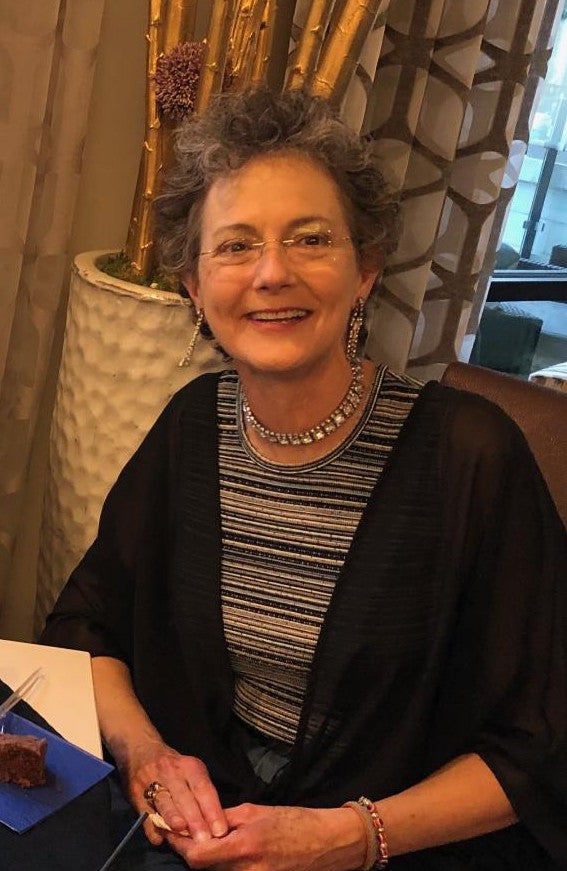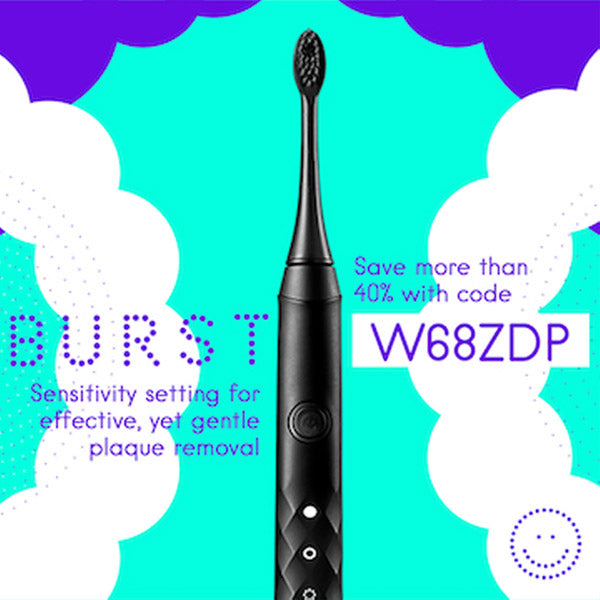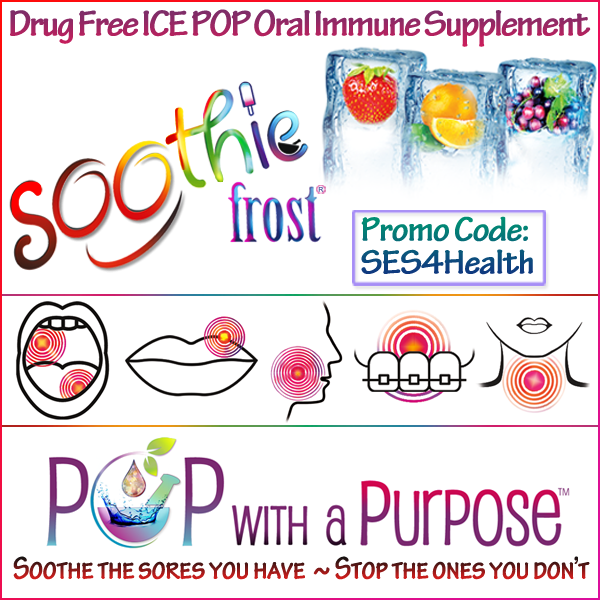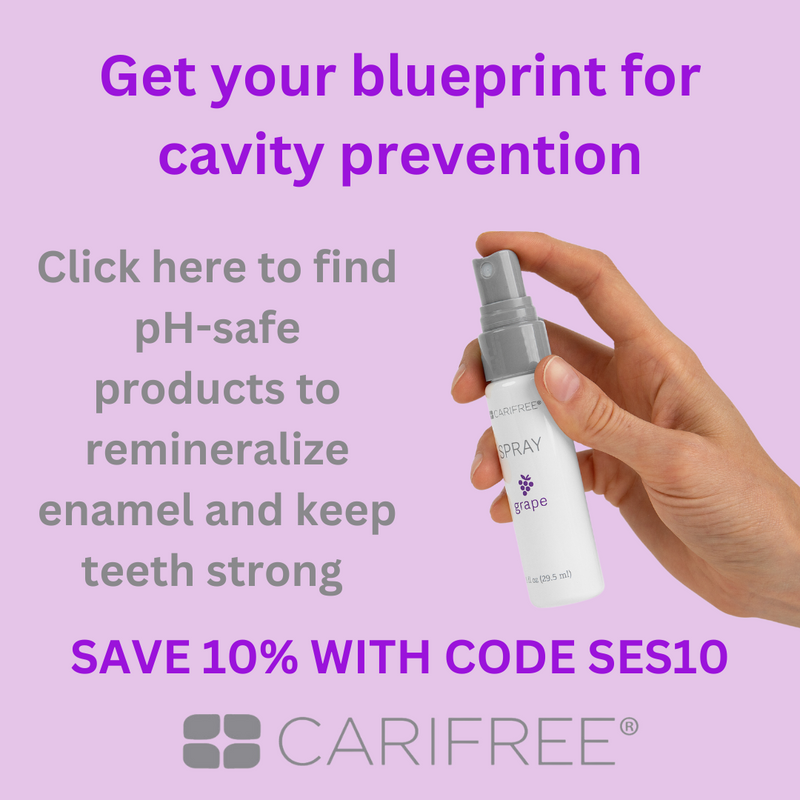Insight from a Cancer Survivor and Dental Professional

Registered Dental Hygienist, Deborah Walsh, helped to improve the oral and overall health of others for 34 years. A cancer diagnosis then had her facing side effects in her mouth and career ending nephropathy in her hands. Read more of Deborah's perspective as a Dental Professional and Cancer Survivor.
By Deborah Walsh
Like so many of my fellow cancer warriors and survivors, I never thought that I would have cancer. Granted, I had not had my baseline colonoscopy at 50 years of age (now age is 45); even though my primary care had prescribed one for me. I was always self-insured, with a 5, 000.00 deductible, and no preventive clause. I would be responsible for the entire cost (3,081.00 today). In hindsight, that price would have been a bargain. At any rate, I finally had my first colonoscopy at 61, following a positive Cologuard test. It would take 8 biopsies, and a flexible sigmoidoscopy to confirm my stage 2A/B colorectal cancer diagnosis. I was given a rough outline of the course of treatment and was told “this is not a sprint! it is a marathon!”. I began researching surgeons, radiologists, oncologists & treatment clinic possibilities, etc.... I needed to obtain as much information about my options as possible as this would allow me to find the best care providers and facilities for me as I walked this cancer journey path. This is the same approach that I always took when a patient presented with a problem in my office. I practiced dental hygiene for 34 years and loved every minute of helping my patients walk through their options for treatment of a tooth/gum problem. I would present all options, weighing the pros and cons of each, including doing nothing; and we would proceed from there. I was forced to retire from dental hygiene after my second round of chemotherapy left me with neuropathy in my fingertips and feet.
Many of my patients had been treated with chemotherapy for various types of cancer and had suffered the resultant oral side effects. Because of my research, I was able to offer patients a choice of remedies to help with the mouth ulcers/sores; as well as offer preventive measures to maintain oral health through the treatments. Thankfully, my patients completed their cancer treatment journeys with healthy teeth and gums. It is strongly recommended that a patient complete any necessary dental treatment, remove active decay, and stabilize the teeth prior to any chemotherapy or radiation treatments. A mouth with active periodontal(gum) disease or decay is a source of infection, and the patient will be immunocompromised during chemotherapy. I knew this; however, it was never mentioned by my oncology team. The only mention of oral care I received from my oncology team was to rinse with baking soda and water should mouth sores arise during chemotherapy. I contacted Jill Meyer-Lippert R.D.H. of Oral Side Effects Support and asked her to help me with a “side effects tool kit” for my upcoming chemotherapy. Jill said that she would help in any way possible and knew that certain types of oral chemo side effects responded to specific remedies. At first, she suggested Salivamax oral rinse, which proved to soothe my ulcers and promote healing. Jill also reminded me that chemotherapy causes a dry mouth, and a dry mouth breeds decay. I drank plenty of plain water, began using an OTC fluoride everyday and added a xylitol gel to my nightly oral care routine. I hear and read of patients and caregivers alike, suggesting lemon in water to help drink the recommended 3 quarts daily. I have also heard included sugared/flavored waters. These remedies will lead to decay, broken teeth, root canals, etc... I am not saying that it was easy to drink all that plain water. I only know that I was helping the chemo and its’ side effects flush from my body, and I did not want rotten teeth to deal with after I was finished with cancer treatment.
Many of us cancer warriors and survivors are on antidepressants (Cymbalta helps me tremendously) to decrease the lingering peripheral neuropathy caused from chemotherapy (in my case, the oxaliplatin/5FU combo) and other reasons. Antidepressants can cause a dry mouth, which, as stated before, leads to decay. I continue to use an OTC fluoride rinse daily and a xylitol gel as well. I have completed my chemotherapy, radiation, 3 surgeries with a healthy mouth; and your patients can do the same. All they need is your guidance and Jill Meyer-Lippert’s “side effects tool kit”.
My radiation oncologist gave me a congratulatory plaque after my final treatment: Courage is being scared to death and saddling up anyways! (John Wayne – his hero).

About the author:
Deborah Walsh was born in San Antonio Texas and graduated from UTHSC-Houston in 1976. She practiced clinical dental hygiene for 34 years in various offices, including in Switzerland and Germany. A lifelong student, she has over 600 hours of continuing education, with an emphasis on periodontal disease. Deborah retired her license in 2020, due to neuropathy in her fingertips following chemotherapy. She is an avid gardener, loves reading, traveling and cooking healthy foods. Deborah lives in Texas with the love of her life.




